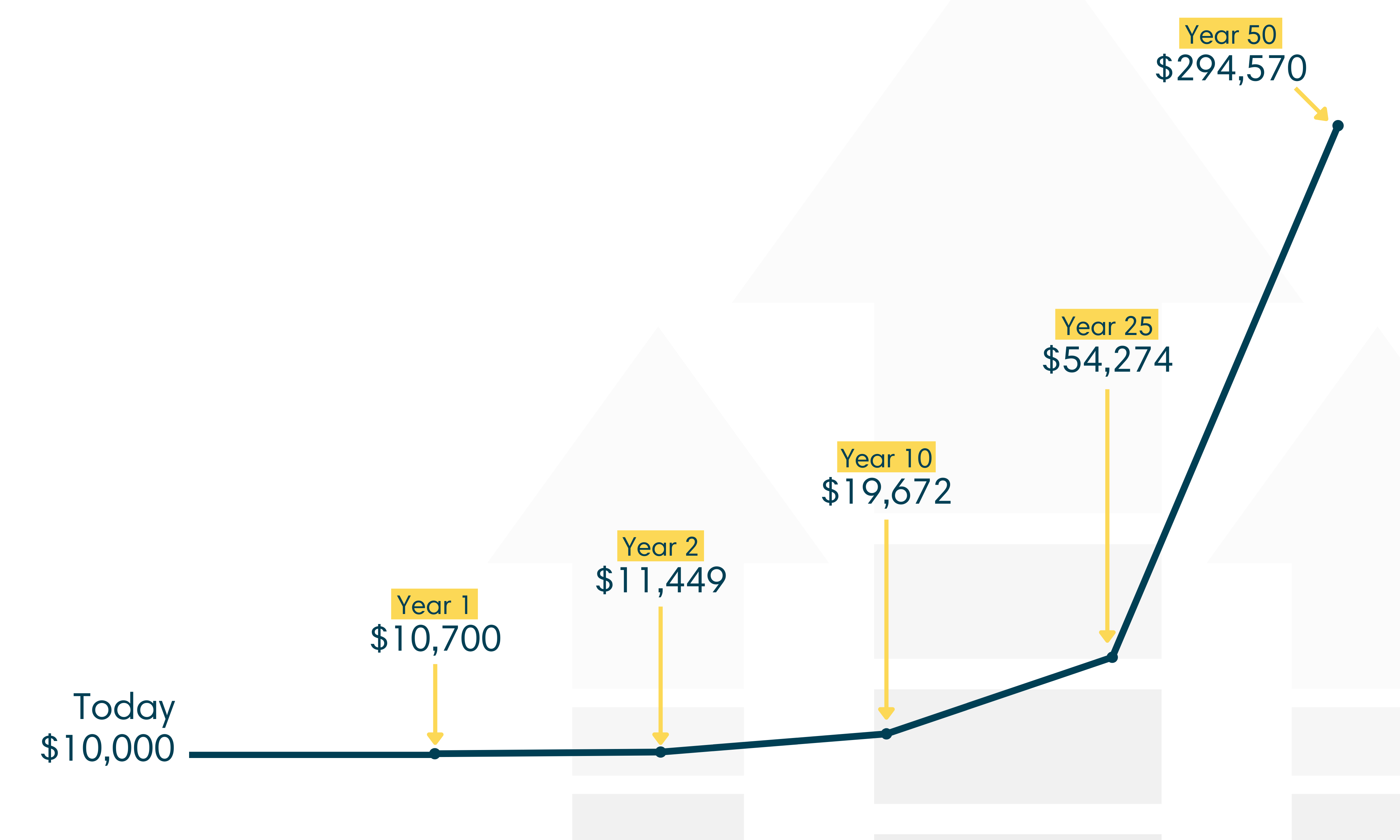Money Now vs. Money Later – Time Value of Money
Money Now vs. Money Later – Time Value of Money
This blog discusses the time value of money: the famous concept that explains why a dollar today is worth more than a dollar tomorrow.
Previously posted on September 28, 2021
Would you rather receive $10,000 today or a year from now? The answer seems pretty obvious – almost everybody would take $10,000 today.
Now for a more challenging question – would you rather receive $10,000 today or $11,000 a year from now? If you asked a group of people, you would receive a mixed response. Thanks to the time value of money, the answer is not as obvious.
What is the Time Value of Money?
Time value is the concept that a dollar today is not necessarily worth the same as a dollar a day, week, month, or year from now. In most cases, a dollar received today is actually worth more than a dollar received in the future. While the idea may be simple enough, understanding the underlying theory takes a bit more thought.
The main principal is that money received today can be invested to earn income sooner than money received in the future. Seems intuitive, but the implications are exponential because of compounding interest (interest being earned on interest). For example, if you make a one-time investment of $10,000 in the stock market today, and the market is returning 7% per year, this will result in the following future amounts:

Applications of the Time Value of Money
Going back to the original question – would you rather have $10,000 today or $11,000 a year from now? Based on the above example, this will depend on what return you can earn on your investments. $10,000 today versus $11,000 a year from now implies a 10% return. If you can achieve a higher return elsewhere, then it is better to receive $10,000 today. However, if 10% is the best return you can achieve at your desired risk level, then you are better off to wait and receive $11,000 a year from now.
Similarly, would you pay $10,000 today to receive $11,000 a year from now? The same principal applies – this is a 10% return, and the answer depends on what return you could receive elsewhere. This principal applies whether you are saving for retirement, speculating on the stock market, or investing in new equipment for your business. For example, if you could invest $100,000 in new equipment for your business and you expect it would increase profits by $5,000 per year indefinitely, is this a worthwhile investment? Well, the answer again depends on what returns you could earn elsewhere.
Determining your desired rate of return – as well as your risk tolerance – is key when choosing between different personal and business investments. As Albert Einstein allegedly said, “compound interest is the eighth wonder of the world. He who understands it, earns it; he who does not, pays it.” Best to be the former rather than the latter.
If you are thinking of making a significant investment, such as business acquisition or expansion, give the team at Davis Martindale a call. We would love to help determine your expected return, as well as answer any other questions or concerns you may have.
Co-Authors

Louise Poole
CPA, CA, CBV, CFF
Partner
Valuation & Litigation

Janece Boersma
CPA, CBV
Senior Manager
Valuation & Litigation
Work With Us
Our Valuation Advisors are ready to have
a personalized discussion with you.


